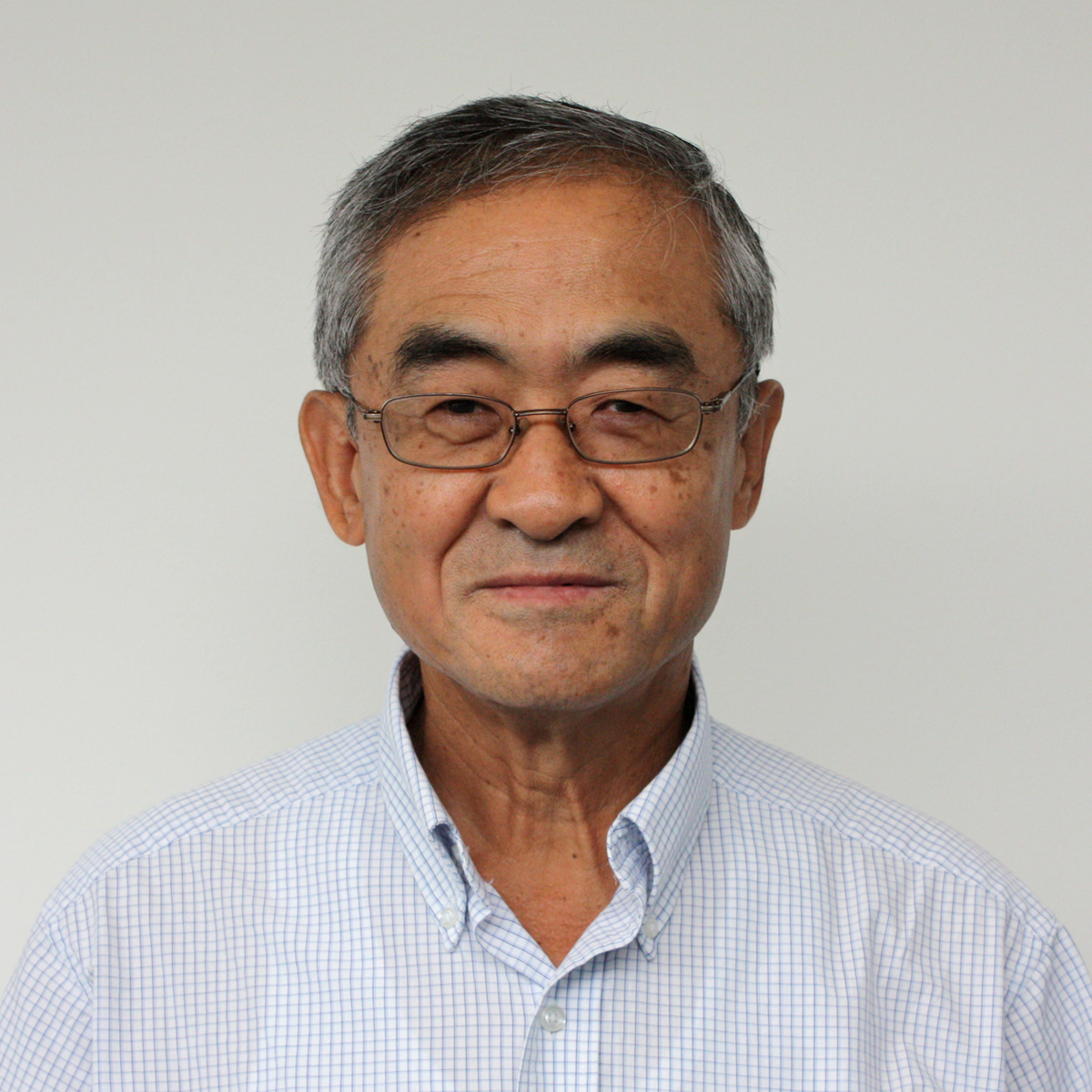
Abstract
WiFi interface is known to be a primary energy consumer in mobile devices, and idle listening (IL) is the dominant source of energy consumption in WiFi. Most existing protocols, such as the 802.11 power-saving mode (PSM), attempt to reduce the time spent in IL by sleep scheduling. However, through an extensive analysis of real-world traffic, we found more than 60% of energy is consumed in IL, even with PSM enabled.
To remedy this problem, we propose two effective schemes. The first is E-MiLi (Energy-Minimizing idle Listening) that reduces the power consumption in IL, given that the time spent in IL has already been optimized by sleep scheduling. Observing that radio power consumption decreases proportionally to its clock-rate, E-MiLi adaptively downclocks the radio during IL, and reverts to full clock-rate when an incoming packet is detected or a packet has to be transmitted. The second solution is Gap Sense, a novel mechanism that can coordinate heterogeneous devices without modifying their PHY-layer modulation schemes or spectrum widths. It prepends legacy packets with a customized preamble, which piggybacks information to enhance inter-device coordination. The preamble leverages the quiet period between signal pulses to convey such information, and can be detected by neighboring nodes even when they have incompatible PHY layers.
We have implemented and evaluated both E-MiLi and Gap Sense on a software radio platform, demonstrating their significance and utility. This is joint work with Xinyu Zhang.
Biography
Kang G. Shin is the Kevin & Nancy O'Connor Professor of Computer Science in the Department of Electrical Engineering and Computer Science, The University of Michigan, Ann Arbor. His current research focuses on QoS-sensitive computing and networking as well as on embedded real-time and cyber-physical systems.
He has supervised the completion of 74 PhDs, and authored/coauthored more than 800 technical articles (more than 300 of these are in archival journals), a textbook and more than 20 patents or invention disclosures, and received numerous best paper awards, including the Best Paper Awards from the 2011 ACM International Conference on Mobile Computing and Networking (MobiCom’11), the 2011 IEEE International Conference on Autonomic Computing, the 2010 and 2000 USENIX Annual Technical Conferences, as well as the 2003 IEEE Communications Society William R. Bennett Prize Paper Award and the 1987 Outstanding IEEE Transactions of Automatic Control Paper Award. He has also received several institutional awards, including the Research Excellence Award in 1989, Outstanding Achievement Award in 1999, Distinguished Faculty Achievement Award in 2001, and Stephen Attwood Award in 2004 from The University of Michigan (the highest honor bestowed to Michigan Engineering faculty); a Distinguished Alumni Award of the College of Engineering, Seoul National University in 2002; 2003 IEEE RTC Technical Achievement Award; and 2006 Ho-Am Prize in Engineering (the highest honor bestowed to Korean-origin engineers). He is also a co-founder of several startups and has licensed some of his technologies to industry.